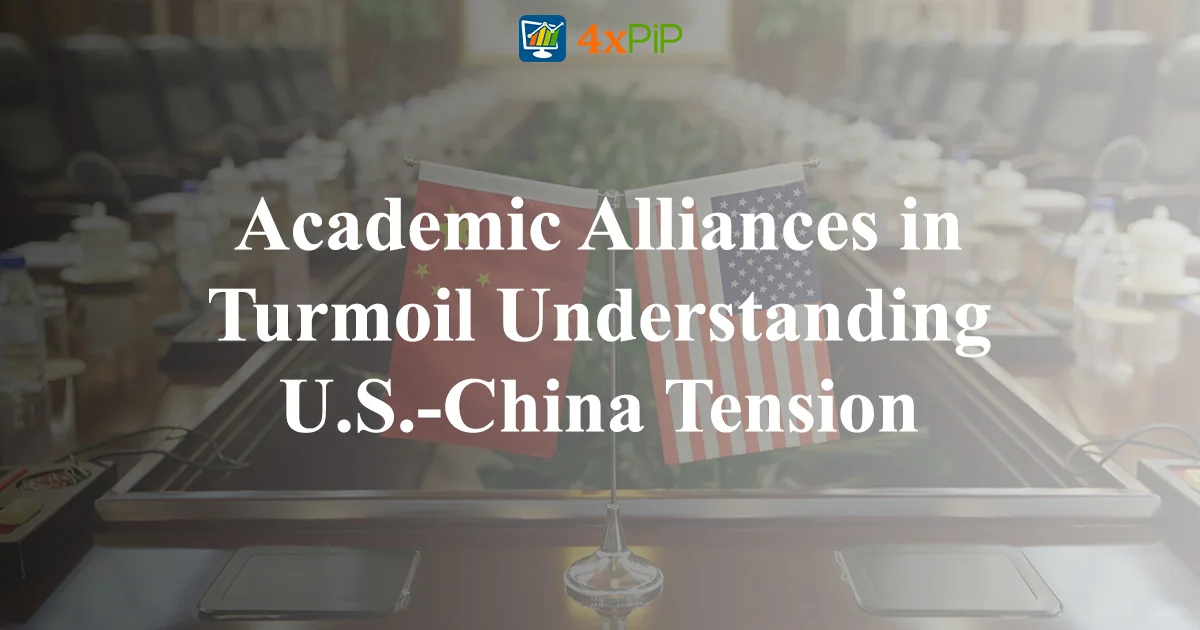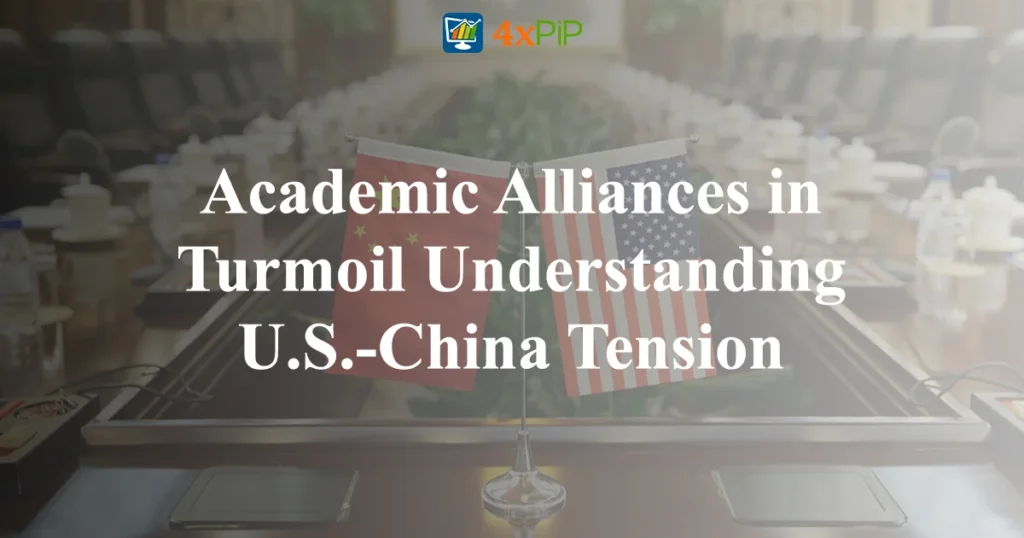In recent years, U.S.-China tensions have strained long-standing academic ties, raising concerns about potential repercussions on American interests. This shift is evident in the declining cooperation between the two nations, affecting students, researchers, and global efforts to address health issues.
Historically, academic collaboration between the U.S. and China flourished, contributing to significant advancements in various fields. However, the current geopolitical climate has led to a decrease in Chinese students in the U.S. and a shrinking of U.S.-Chinese research partnerships. This decline poses a threat to American competitiveness and weakens global initiatives.
The China Initiative, launched in 2018 to uncover economic espionage, impacted researchers, creating an environment of fear and anxiety. While the Biden administration ended the initiative in 2022, other measures targeting scholars with Chinese connections persist, such as a Florida law raising concerns about Chinese students in state university labs.
Security concerns have been at the forefront, with fears of espionage and the misuse of academic collaborations by the Chinese government. However, critics argue that such measures hinder scientific progress and harm U.S. competitiveness.
The U.S.-China Science and Technology Cooperation Agreement, a significant pact since 1979, is currently in jeopardy. Efforts to extend the agreement face challenges, with the need to consider new advances in science and technology.
The impact of these tensions is felt not only in academia but also in diplomatic relations. Confucius Institutes, once widespread, have nearly vanished from American campuses, reflecting the broader strain on cultural and educational exchanges.
The chilling effect of the China Initiative on scientists of Chinese descent is evident, with a decline in research productivity and a reluctance to engage in new collaborations. The fallout from investigations and unclear disclosure rules has created an atmosphere of fear on university campuses.
While concerns about talent loss to China persist, the U.S. remains a preferred destination for the world’s best minds. The policies surrounding the China Initiative, however, have raised ethical questions, with some viewing them as morally wrong and shortsighted.
Conclusion:
The impact of U.S.-China tensions on academic collaboration is multifaceted, affecting not only individuals but also global scientific progress. Striking a balance between security concerns and fostering international cooperation is crucial for the advancement of knowledge and human development. For more insights and guidance on navigating these challenges, consult 4xPip’s experts in international relations and geopolitical dynamics. Visit our website for valuable resources and tools at 4xpip.





